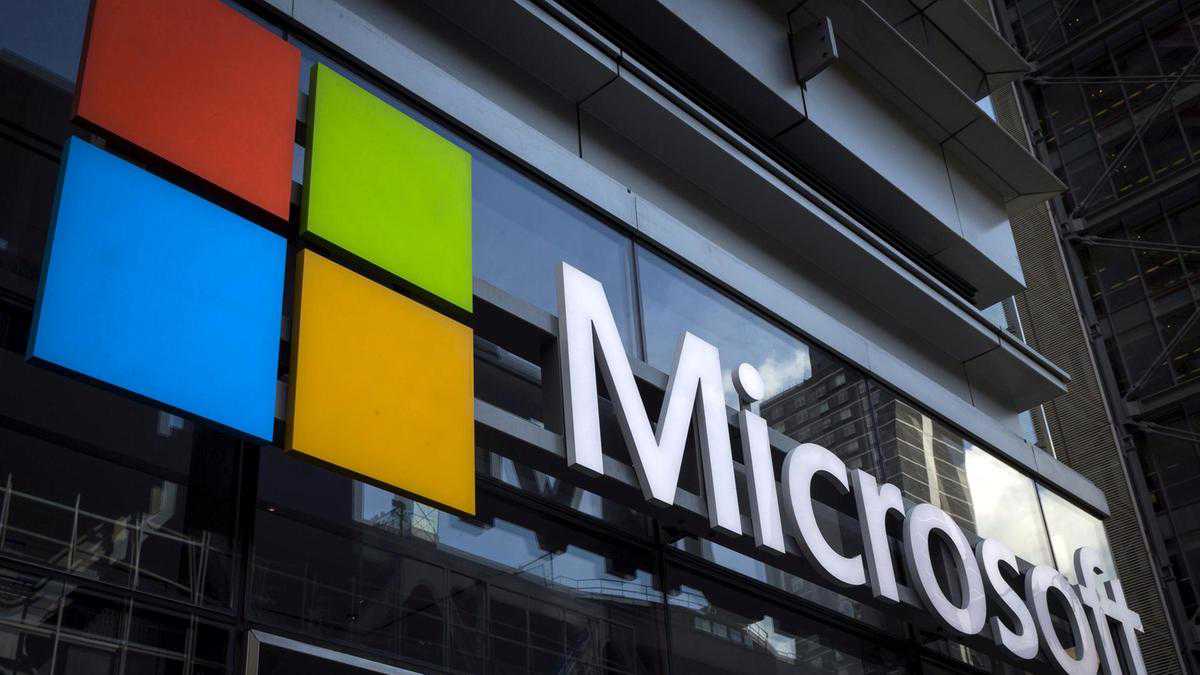Microsoft focusing on its own chips for servers and computers
19 December, 2020

Microsoft is working on in-house processor designs for use in server computers that run the company’s cloud services, increasing an industrywide effort to lessen reliance on Intel’s chip technology.
The world’s major software maker is using Arm designs to make a processor that will be used in its data centres, according to persons acquainted with the plans.
It’s also exploring using another chip that could power a few of its Surface type of personal computers. The persons asked never to be recognized discussing private initiatives. Intel’s stock dropped 6.3 % to close at $47.46 in NY, leaving it down 21 % this year.
The move is a significant commitment by Microsoft to supplying itself with the main little bit of the hardware it uses. Cloud-computing rivals such as for example Amazon already are well later on with similar efforts. They’ve argued their chips are better suitable for a few of their needs, bringing cost and performance advantages over off-the-shelf silicon mostly provided by Intel.
Microsoft’s efforts are more likely to cause a server chip than one because of its Surface devices, though the latter is possible, said among the people. The company’s chip design unit reports to Jason Zander, head of the Azure cloud business, instead of Panos Panay, who oversees Surface products. Representatives of Microsoft and Arm declined to touch upon whether Microsoft is focusing on server and PC processors.
“Because silicon is a foundational building block for technology, we’re continuing to purchase our own capabilities in areas like design, manufacturing and tools, while also fostering and strengthening partnerships with a broad range of chip providers,” Microsoft spokesman Frank Shaw said.
Microsoft has stepped up hiring of processor engineers recently, recruiting in the backyard of chipmakers such as Intel, Advanced Micro Devices, Nvidia and among those cut adrift when Qualcomm abandoned its server chip efforts.
AMD may be the second-largest maker of chips that run PCs and it’s been staging a comeback in the server market after being largely shut out by Intel for almost all of the last decade. AMD stock declined 1 % on Friday. Xilinx, another chipmaker that AMD is acquiring, slipped 1.8 per cent.
Intel’s Xeon range of server chips currently power almost all of the machinery at the heart of the web and corporate networks, creating the company’s most successful source of revenue. It still has about 90 % of this market, despite recent gains by AMD. Some Xeon models cost up to a compact car.
“The incredible demand for computing fueled by new workloads like AI is driving more silicon experimentation in the cloud. Building on decades of x86 ecosystem innovation, we are committed to providing customers the world’s best CPUs and services from GPUs to AI chips,” Intel said in a statement. “In this expanding market, we expect to gain share in lots of areas like AI training, 5G networks, graphics and autonomous driving.”
Customers such as for example Microsoft have increasingly considered alternative solutions to make sense of the mountain of data that cloud computing and smartphones generate. The adoption of artificial intelligence to automate that process has sparked a flood of new chip designs.
The biggest concern for owners of the giant data centers behind services like Office 365 has become the expense of providing electricity with their growing hardware footprint. Arm-based chips tend to be more energy conserving. If Microsoft pushes forward with its own chip for PCs it will be following Apple, which is moving its entire Mac line from Intel processors.
While neither Apple nor Microsoft devices own large chunks of the PC market, their offerings sit as premium products with slicker designs and more complex capabilities. When announcing its first new Macs predicated on the M1 chip, Apple touted the performance boost in comparison to standard PCs.
Microsoft currently uses Arm-based chips from Qualcomm in some of its Surface PCs. It ported Windows to focus on these kind of chips, that have typically been found in smartphones. Apple also uses Arm technology in its processors. Other Surface models use Intel chips.
Source: www.thenationalnews.com
TAG(s):
